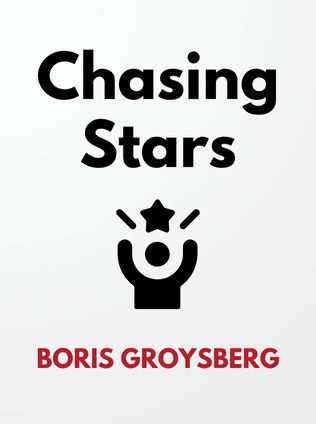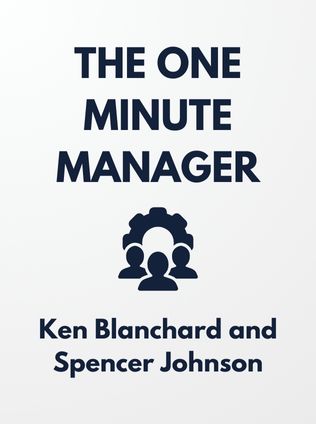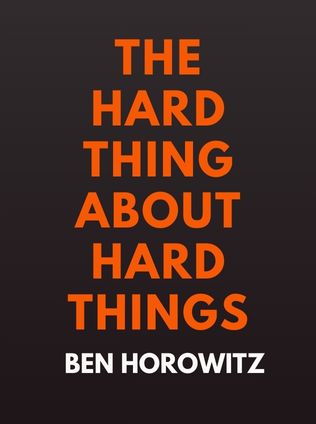
Chasing Stars
The Myth of Talent and the Portability of Performance
By Boris Groysberg
Published 04/2012
About the Author
Boris Groysberg is a professor of Business Administration at Harvard Business School, specializing in Organizational Behavior. He teaches the Managing Human Capital course in the MBA program and executive education programs. Groysberg holds a DBA in Business Policy from Harvard Business School and previously worked at IBM. His extensive research on star performers and their portability across firms culminated in his book, "Chasing Stars: The Myth of Talent and the Portability of Performance."
Main Idea
"Chasing Stars" challenges the widely held belief that top talent can easily transfer their success from one organization to another. Through comprehensive research, including the analysis of over 1,000 star analysts and 200 interviews, Groysberg demonstrates that star performers often experience a significant decline in performance after changing employers. The book explores why this happens and provides insights into managing talent effectively.
Table of Contents
- Introduction
- Moving On
- The Limits of Portability
- Do Firms Benefit from Hiring Stars?
- Facets of Portability
- Integrating Stars
- Women and Portability
- Implications for Talent Management: Developing, Retaining, and Rewarding Stars
- Turnover
- Measuring and Rewarding Stars' Performance
- Lessons from Wall Street and Elsewhere
Introduction
The book opens with a discussion on the common practice of hiring star performers in the knowledge economy. Many companies believe that acquiring top talent is crucial for competitive advantage and are willing to offer substantial incentives to lure these stars from competitors. However, Groysberg's research reveals that this strategy often backfires, as star performers' success is heavily dependent on the support and resources of their former firms.
Moving On
In this section, Groysberg examines the rise of knowledge workers who view themselves as free agents with portable skills. He highlights the shift from long-term employment to short-term, transactional relationships and the belief that talent can be transferred across firms without loss of performance. This mindset has led to a surge in hiring stars, but Groysberg questions its effectiveness.
Knowledge workers are encouraged by popular career-guidance literature to think of themselves as resourceful free agents with portable stores of knowledge and skills. This perspective has led to significant changes in employment patterns, with more individuals viewing themselves as capable of performing equally well in any appropriate workplace. However, Groysberg's findings suggest that this is not always the case.
The Limits of Portability
Groysberg's research into the performance of star analysts who switched firms shows a marked decline in their rankings and overall job performance. This decline persisted for at least five years, debunking the myth that these stars' skills are fully portable. He attributes this drop in performance to the loss of firm-specific resources, networks, and organizational culture.
"Star analysts who switched employers paid a high price for jumping ship relative to comparable stars who stayed put." – Boris Groysberg
The data reveals that even in industries where individual performance is highly valued, such as Wall Street, the context provided by the original firm plays a crucial role in sustaining high performance levels. The firm's culture, resources, and support systems are integral to the star's success.
Sign up for FREE and get access to 1,400+ books summaries.
You May Also Like
The Lean Startup
How Today's Entrepreneurs Use Continuous Innovation to Create Radically Successful Businesses
By Eric RiesWho Moved My Cheese?
An Amazing Way to Deal with Change in Your Work and in Your Life
By Spencer Johnson, M.D.Make Your Bed
Little Things That Can Change Your Life...And Maybe the World
By William H. McRavenThe Ride of a Lifetime
Lessons Learned from 15 Years as CEO of the Walt Disney Company
By Robert IgerThe Hard Thing About Hard Things
Building a Business When There Are No Easy Answers
By Ben Horowitz



















